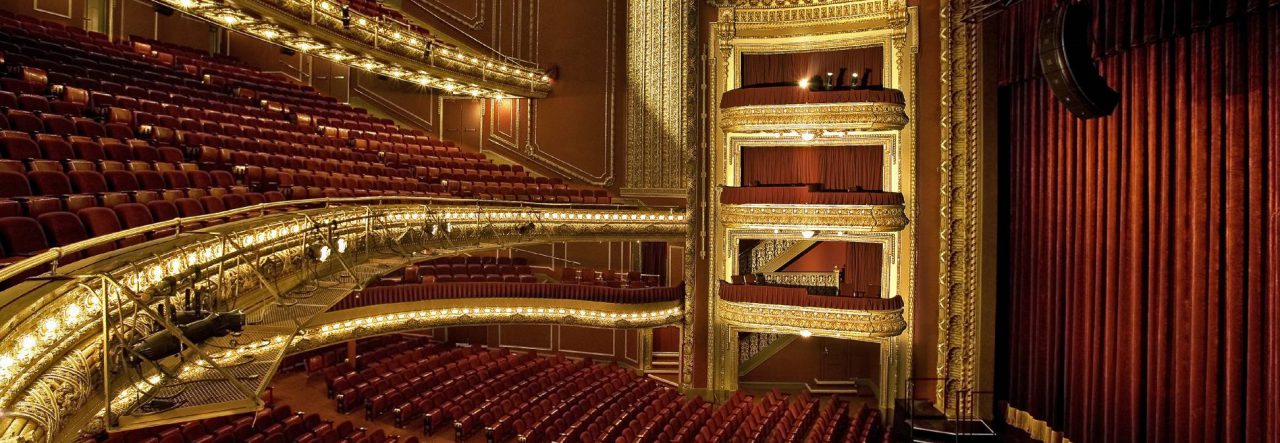The foremost conservator and champion of the Great American Songbook, Michael Feinstein has made it a tradition to do a musically exciting Christmas show in New York City. For many years that was in the cabaret that bore his name at the Regency hotel. Last year and this year it’s at Birdland – and next year it will be at “Feinstein’s On Broadway” in the same building that houses Birdland.
Each year is somewhat different – this year is a swinging edition with a 17-piece big band, all slow burns and steady builds. One of the first Christmas shows I saw at Feinstein’s was Rosemary Clooney’s, in her later years a close friend to Michael. For this show, Feinstein movingly reprises two Irving Berlin songs from White Christmas, in which Clooney starred.
His reading of the song Clooney shared with Bing Crosby, “Count Your Blessings” is gentle and sweet. The uptempo “The Best Things Happen While You’re Dancing” gets a really expansive big band treatment. For years, Feinstein has also included non-holiday stardards in these seasonal sets, and this act climaxes with a big Sinatra medley, to kick off the celebration of Ol’ Blue Eyes’ centennial.
Where some of Feinstein’s previous Christmas shows had an unstoppable optimism just under the surface, this one has a more rueful undertow. Oh, it’s still a genuinely swinging good time, but any show that includes the melancholy “After the Holidays” is paying attention to the darker side of this time of year. Above all, however, this is simply a really engaging show that adds both heartfelt warmth and swinging fun to the holiday season.
For tickets, click here.
To learn about Jonathan Warman’s directing work, see jonathanwarman.com.



